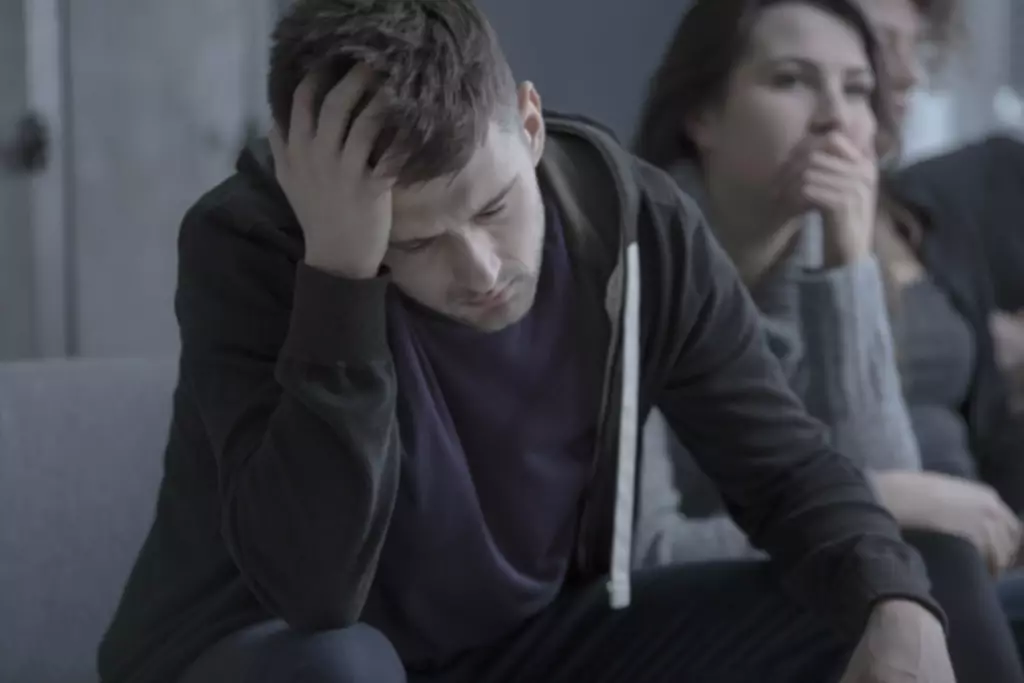Rehab plays a fundamental role in addiction recovery by offering structured environments, personalized treatment plans, and comprehensive support. It addresses the root causes of addiction, provides coping mechanisms, and guides individuals toward sustained recovery and improved overall well-being. Rehabilitation is crucial in substance and drug abuse recovery, offering personalized treatment plans. It provides a structured environment, addresses underlying issues, and empowers individuals with tools for lasting recovery and well-being. For some people, committing to complete abstinence is not desirable or is too daunting a prospect before beginning treatment. In fact, there is growing support for what is called harm reduction, which values any moves toward reducing the destructive consequences of substance abuse.
Find treatment services
- Other qualifications may include residence in the state where treatment is provided, certain social qualifiers, such as being pregnant or a veteran, or being a member of the faith community that runs a faith-based rehab.
- White Sands is a luxury addiction recovery program in Tampa, FL, that offers a long-term residential program for up to 90 days.
- Find Support is an online guide that helps people navigate through common questions when they are at the start of their journey to better behavioral health.
- Inpatient programs provide intensive, round-the-clock care for individuals seeking recovery from drug and substance abuse.
- Coping with withdrawal may require hospitalization or inpatient care to ensure adequate supervision and medical intervention as necessary.
Young AdultPrograms specifically for individuals between the ages of 18 and 30 help facilitate their early careers and education. People at this age may struggle with self-control, such as by behaving dangerously and/or using risky drugs and being open to more risk factors than other groups. Intensive outpatient programs (IOPs) are more involved than the standard treatment, requiring a few hours of therapy several days a week. Different types of medications may be useful at different stages of treatment to help a patient stop abusing drugs, stay in treatment, and avoid relapse. Additionally, medications are used to help people detoxify from drugs, although detoxification is not the same as treatment and is not sufficient to help a person recover. Detoxification alone without subsequent treatment generally leads to resumption of drug use.
- In fact, there is growing support for what is called harm reduction, which values any moves toward reducing the destructive consequences of substance abuse.
- No matter which pathway of recovery a person chooses, a common process of change underlies them all.
- Counseling may also involve family members to develop a deeper understanding of substance use disorder and improve overall family functioning.
- And one measure of a comprehensive substance abuse treatment program is the help it offers to enrollees to identify their interests and find and build a meaningful career path.
- If that number isn’t staggering enough, only 25% of them reported receiving treatment.
Treatment of Substance Use Disorders
Researchers find that taking incremental steps to change behavior often motivates people to eventually choose abstinence. Nevertheless, many treatment programs, including Alcoholics Anonymous, require a commitment to complete abstinence as a condition of admission. A person who is actively using drugs or alcohol and experiencing acute intoxication or at risk of impending withdrawal may need to enter a program that offers medically managed detox services.
Finding drug abuse treatment in other countries
Actress Cara Santana To Make Directorial Debut With Drug Rehab Industry Exposé ‘The Shuffle’ – Yahoo News UK
Actress Cara Santana To Make Directorial Debut With Drug Rehab Industry Exposé ‘The Shuffle’.
Posted: Mon, 20 May 2024 19:28:47 GMT [source]
Like many other chronic conditions, treatment is available for substance use disorders. While no single treatment method is right for everyone, recovery is possible, and help is available for patients with SUDs. The chronic nature of addiction means that for some people relapse, or a return to drug use after an attempt to stop, can be part of the process, but newer treatments are designed to help with relapse prevention. Relapse rates for drug use are similar to rates for other chronic medical illnesses. If people stop following their medical treatment plan, they are likely to relapse.
Types of Treatment
Many people believe that they are powerless to change their own addictive behavior, and often it is a belief that keeps people addicted. The evidence shows that every day, people choose to recover from addiction on their own. One way or another, they learn and deploy a set of skills that help them get through the strong cravings and urges of the difficult early stages of recovery.
- Blood, urine or other lab tests are used to assess drug use, but they’re not a diagnostic test for addiction.
- Although addiction tends to cut people off from longtime friends, social support is a significant predictor of recovery.
- Addiction treatment services vary between drug rehab centers and their different approaches.
- The drug rehabilitation process is a step-by-step guide to overcoming substance abuse.
- Cadabams, India’s premier rehabilitation center, ensures expert care, privacy, and personalized rehabilitation plans.
How Effective Is Rehab and Drug Addiction Treatment?
Quality addiction treatment centers will also take into account the possibility that more than one addiction, or mental illness, may be present in an individual. Outpatient treatment differs what is drug addiction from inpatient in that people do not reside at the treatment facility. Residential (meaning you live at a treatment program)Residential care usually lasts for a few weeks to a few months.
Women and Alcohol

Leave a Reply